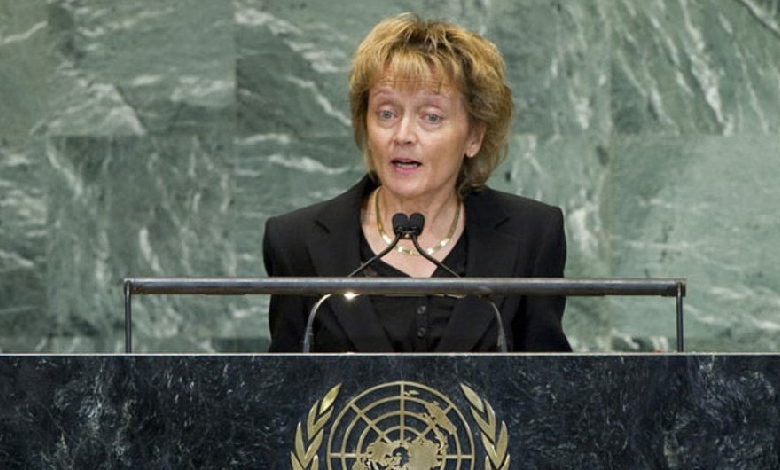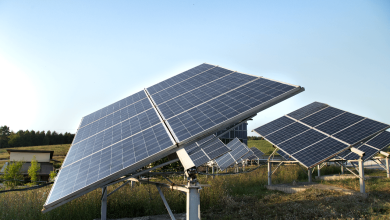Fate of Swiss proposal on solar geoengineering hangs in the balance at UN environment assembly in Nairobi

Human-caused climate change has let global temperatures to see unprecedented rises, making lives difficult for billions. Switzerland has initiated a debate on whether the “risks, benefits and uncertainties” of dimming the sun should be studied by a UN expert group.
It is proposing that the global body should gather details on ongoing research into solar geoengineering and set up an advisory panel that could suggest future options for the controversial and untested approach to reduce global heating.
Mimicing the effect of a large volcanic eruption
Focusing on solar radiation modification (SRM), the Swiss proposal has been submitted to the UN environment assembly that begins next week in Nairobi. But no matter how well intentioned the proposal might be, some environmental groups have raised concerns.
The technique aims to mimic the effect of a large volcanic eruption by filling the atmosphere with sulphur dioxide particles that reflect part of the Sun’s light and heat back into space. It could impact food supply, biodiversity, global inequality and security.
Critics argue that such a discussion is likely to threaten the current de-facto ban on geoengineering and lead the global community down a “slippery slope” towards legitimisation, mainstreaming and eventual deployment of the technique, reported the Guardian.
Intention not to promote solar geoengineering
The Swiss ambassador for the environment said his country’s reason for submitting the proposal was to ensure all relevant stakeholders are aware of SRM technologies, in particular the associated possible risks and cross-border consequences.
Felix Wertli said the intention behind the move was not to promote solar geoengineering or enable it, but to inform governments across the globe and especially those in developing countries about the real circumstances, the media agency mentioned.
Read More: Pay attention, Aussies! Here are vehicles that ‘over-promised and under-delivered’



